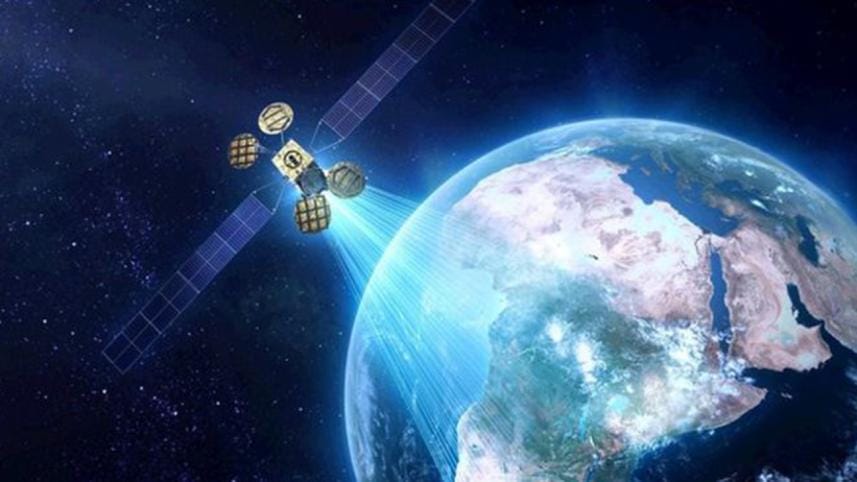Facebook plans satellite ‘in 2016'

Facebook is to launch a satellite that will provide internet access to remote parts of Africa, the social network's founder Mark Zuckerberg has announced.
In partnership with French-based provider Eutelsat, Facebook hope the first satellite will be launched in 2016.
"We're going to keep working to connect the entire world -- even if that means looking beyond our planet," Mark Zuckerberg said in a Facebook post.
The project is part of Facebook's Internet.org project, which has come under fierce criticism in some countries.
In some areas, particularly India, businesses reacted angrily to the plans saying it gave Facebook, and its partners, an unfair advantage in developing internet markets.
Internet.org is experimenting with different ways of providing internet to hard-to-reach places. Recently, the company told of how it was planning to use a custom-built drone to beam down connectivity.
'Optimised for community'
This latest initiative looks to use existing satellite technology to provide affordable internet access.
"Over the last year Facebook has been exploring ways to use aircraft and satellites to beam internet access down into communities from the sky," Zuckerberg wrote.
"To connect people living in remote regions, traditional connectivity infrastructure is often difficult and inefficient, so we need to invent new technologies."
In a statement, Eutelsat said users on the ground would be able to use "off the shelf" products to access the service when it launches in the second half of 2016.
"The capacity is optimised for community and Direct-to-User Internet access using affordable, off-the-shelf customer equipment," the company said.
"Eutelsat and Facebook will each deploy Internet services designed to relieve pent-up demand for connectivity from the many users in Africa beyond range of fixed and mobile terrestrial networks."
Several companies already provide internet-by-satellite, but it is a costly option beyond the reach of most people in the developing world.



 For all latest news, follow The Daily Star's Google News channel.
For all latest news, follow The Daily Star's Google News channel.
Comments